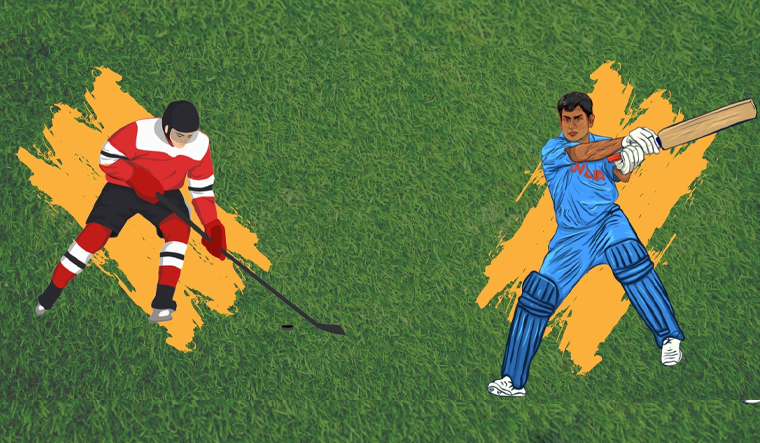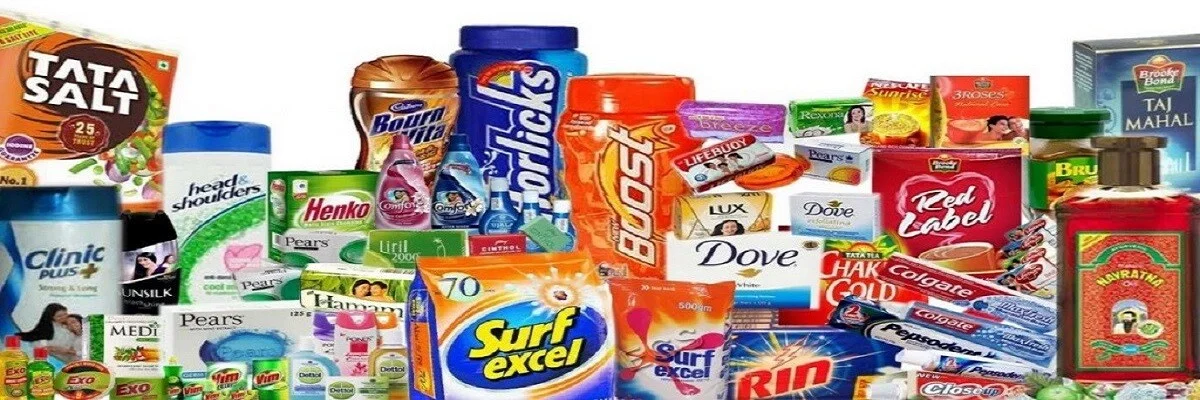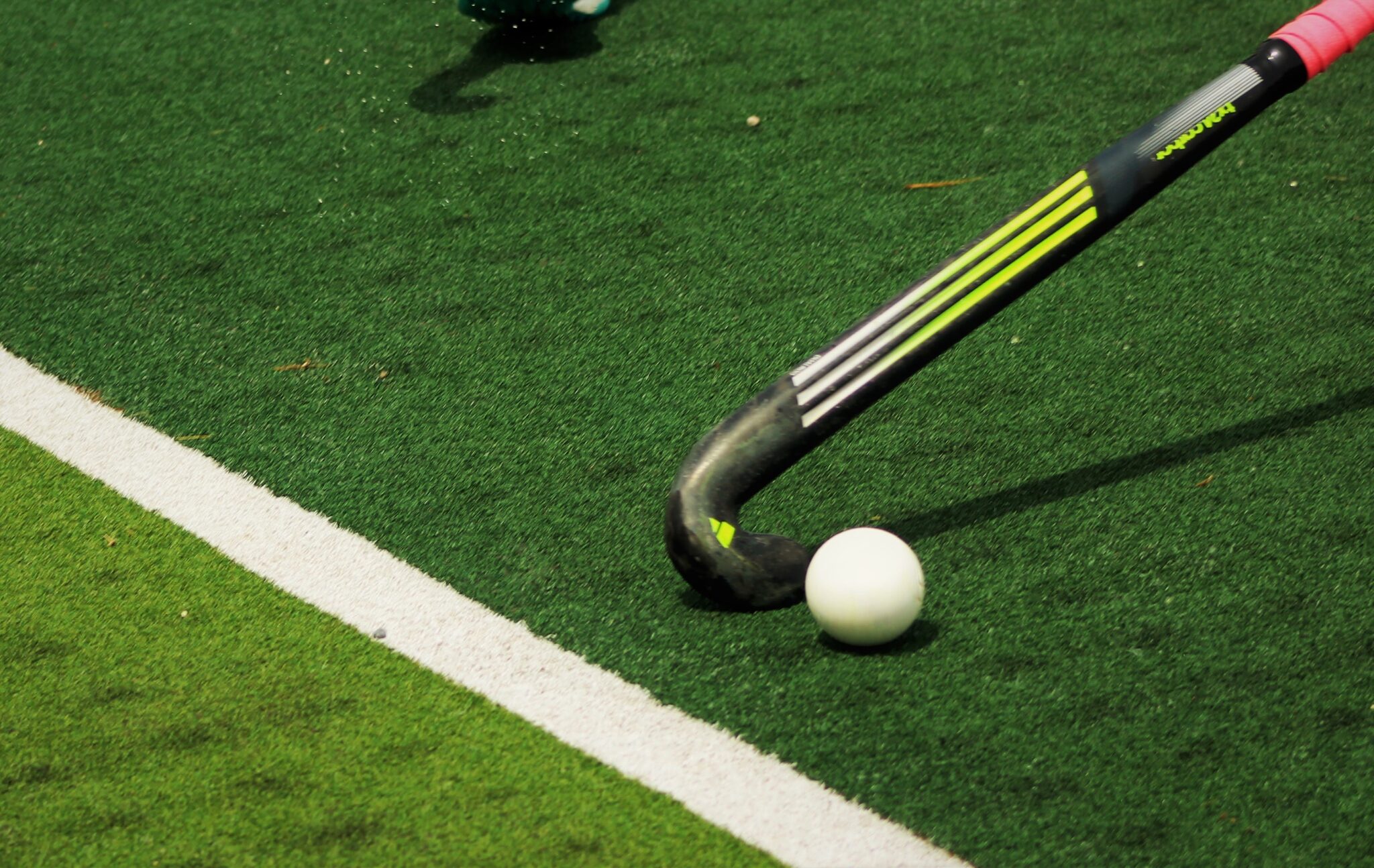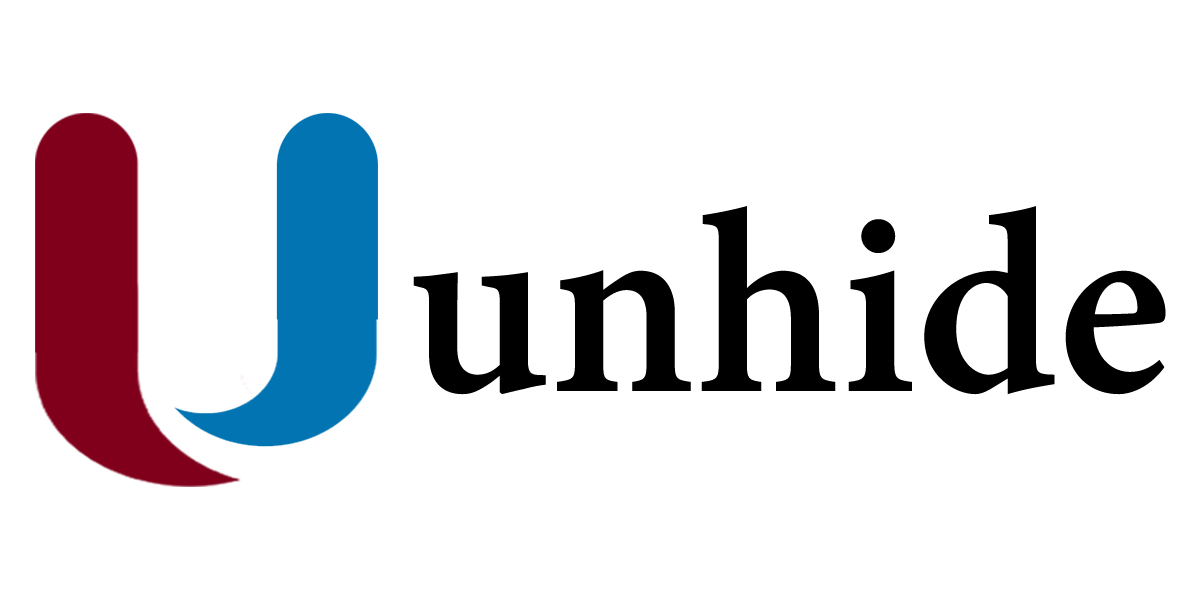
**Outline of the Article**
1. **Introduction**
– Overview of Olympic Athletes’ Nutrition
– Importance of Diet in Athletic Performance
2. **The 2024 Olympic Games: A Glimpse**
– Location and Highlights
– Focus on Nutrition and Dietary Trends
3. **Key Nutritional Needs for Olympians**
– Macronutrients: Carbohydrates, Proteins, and Fats
– Micronutrients: Vitamins and Minerals
– Hydration and Electrolytes
4. **Breakfast: The Most Important Meal of the Day**
– Typical Breakfast Choices
– Examples of Balanced Breakfasts
5. **Lunch: Fueling Midday Workouts**
– What Olympians Typically Eat for Lunch
– Importance of a Balanced Meal
6. **Dinner: Recovery and Replenishment**
– Common Dinner Options
– Role of Dinner in Muscle Recovery
7. **Snacks and Supplements**
– Popular Snacks Among Olympians
– Common Supplements and Their Benefits
8. **Special Dietary Considerations**
– Vegetarian and Vegan Options
– Gluten-Free and Allergy-Friendly Foods
9. **Cultural Influences on Olympic Athletes’ Diets**
– Regional Cuisine and Its Impact
– Adaptations for International Athletes
10. **Meal Planning and Preparation**
– Strategies for Efficient Meal Prep
– Example Meal Plans for a Week
11. **The Role of Sports Nutritionists**
– How Nutritionists Help Athletes
– Tailoring Diets to Individual Needs
12. **Food Trends Among 2024 Olympians**
– Emerging Superfoods
– Trends in Eating Patterns
13. **Challenges and Solutions in Maintaining a Strict Diet**
– Common Obstacles Athletes Face
– Strategies to Overcome Dietary Challenges
14. **Inspiring Stories of Olympic Athletes and Their Diets**
– Profiles of Top Athletes and Their Dietary Choices
– Impact on Their Performance
15. **Conclusion**
– Summary of Key Points
– Final Thoughts on Olympic Nutrition
16. **FAQs**
– What is the typical diet of an Olympic athlete?
– How do Olympic athletes manage their hydration?
– Are there specific foods that improve athletic performance?
– How do cultural differences affect Olympic athletes’ diets?
– What role does a nutritionist play in an athlete’s diet?
—
### **What Food Are Eating by Olympic Athletes in 2024**
**Introduction**
When it comes to Olympic athletes, their diet isn’t just about eating healthy—it’s about fueling peak performance. As we look toward the 2024 Olympic Games, it’s fascinating to see how these elite athletes manage their nutritional needs to stay at the top of their game. The right food can make all the difference, and understanding what these athletes eat can provide valuable insights into how nutrition impacts performance.
**The 2024 Olympic Games: A Glimpse**
With the 2024 Olympics set to showcase some of the world’s best athletes, the focus on nutrition has never been sharper. This year’s games highlight not just athletic prowess but also the sophisticated dietary strategies athletes use. From the bustling streets of Paris to the high-tech training facilities, nutrition is a key player in achieving Olympic success.
**Key Nutritional Needs for Olympians**
Olympic athletes have specific nutritional requirements that support their rigorous training and competition schedules. These needs can be broken down into three primary categories:
– **Macronutrients:** Carbohydrates provide energy, proteins are crucial for muscle repair, and fats help with long-term energy storage and cell function.
– **Micronutrients:** Vitamins and minerals support overall health and performance, playing roles in energy production and muscle function.
– **Hydration and Electrolytes:** Staying hydrated and maintaining electrolyte balance is essential for optimal performance and recovery.
**Breakfast: The Most Important Meal of the Day**
Olympians typically start their day with a balanced breakfast that sets the tone for their nutritional intake. This meal often includes:
– **Complex Carbohydrates:** Foods like oatmeal or whole-grain toast provide sustained energy.
– **Proteins:** Eggs or Greek yogurt help with muscle repair and satiety.
– **Fruits and Vegetables:** Adding these ensures a dose of vitamins and minerals.
An example might be a hearty bowl of oatmeal topped with fresh berries and a side of scrambled eggs.
**Lunch: Fueling Midday Workouts**
Lunch is crucial for maintaining energy levels throughout the day. Athletes often opt for:
– **Lean Proteins:** Chicken breast or tofu.
– **Whole Grains:** Quinoa or brown rice.
– **Vegetables:** A variety of colorful vegetables to maximize nutrient intake.
A well-rounded lunch might include a grilled chicken salad with quinoa and a side of steamed broccoli.
**Dinner: Recovery and Replenishment**
Dinner plays a significant role in recovery, focusing on replenishing glycogen stores and repairing muscles. Typical dinner choices include:
– **Proteins:** Fish or lean beef.
– **Carbohydrates:** Sweet potatoes or whole-wheat pasta.
– **Vegetables:** A mix of steamed or roasted veggies.
An ideal dinner could be a baked salmon fillet with sweet potato mash and a side of roasted Brussels sprouts.
**Snacks and Supplements**
Snacks keep energy levels stable between meals. Popular options among Olympians include:
– **Nuts and Seeds:** Almonds or chia seeds for protein and healthy fats.
– **Protein Bars:** For quick, on-the-go protein.
– **Smoothies:** Often packed with fruits, protein powder, and spinach.
Supplements can also play a role, such as protein powders for muscle recovery and omega-3 fatty acids for anti-inflammatory benefits.
**Special Dietary Considerations**
Dietary restrictions are common, and many athletes adhere to specific diets such as:
– **Vegetarian and Vegan:** Plant-based proteins like lentils and tofu.
– **Gluten-Free:** Alternatives like quinoa and rice for those with gluten sensitivities.
These diets are tailored to ensure that all nutritional needs are met while respecting personal and health-related dietary choices.
**Cultural Influences on Olympic Athletes’ Diets**
Cultural background can influence dietary preferences, with athletes often incorporating local cuisines into their meals. For instance:
– **Asian Athletes:** May include dishes like sushi or miso soup.
– **Mediterranean Athletes:** Might favor olive oil, legumes, and fresh vegetables.
These regional influences are adapted to meet the high nutritional demands of training and competition.
**Meal Planning and Preparation**
Effective meal planning is crucial for managing an athlete’s dietary needs. Strategies include:
– **Batch Cooking:** Preparing meals in advance to save time.
– **Using a Meal Planner:** To ensure all nutritional requirements are met.
A weekly meal plan might feature a mix of different proteins, vegetables, and grains to keep meals interesting and balanced.
**The Role of Sports Nutritionists**
Sports nutritionists play a vital role in an athlete’s diet, offering:
– **Personalized Meal Plans:** Tailored to an athlete’s specific needs and goals.
– **Performance Optimization:** Adjusting diets based on performance metrics and recovery.
Nutritionists work closely with athletes to ensure their diets enhance both training outcomes and overall health.
**Food Trends Among 2024 Olympians**
The latest trends include:
– **Superfoods:** Ingredients like acai berries and spirulina for their high nutrient content.
– **Intermittent Fasting:** Some athletes explore fasting as a way to optimize performance and recovery.
These trends reflect ongoing research and innovation in sports nutrition.
**Challenges and Solutions in Maintaining a Strict Diet**
Maintaining a strict diet can be challenging due to:
– **Busy Schedules:** Finding time to prepare meals.
– **Social Situations:** Navigating dining out or traveling.
Athletes often overcome these challenges by planning ahead and using meal prep strategies.
**Inspiring Stories of Olympic Athletes and Their Diets**
Many athletes have unique dietary habits that contribute to their success. For example:
– **Profile of a Swimmer:** Who relies on a high-protein, high-carb diet to support intense training.
– **Track and Field Star:** Who follows a carefully balanced vegan diet to meet energy and recovery needs.
These stories highlight the diverse approaches to nutrition and their impact on athletic performance.
**Conclusion**
As we look at what Olympic athletes are eating in 2024, it’s clear that diet plays a crucial role in their performance and overall success. From meticulously planned meals to innovative dietary trends, these athletes are at the forefront of nutritional science. Their commitment to maintaining optimal health through their diet serves as a powerful reminder of the impact that food can have on achieving excellence.
**FAQs**
– **What is the typical diet of an Olympic athlete?**
Olympic athletes typically follow a diet rich in complex carbohydrates, lean proteins, and healthy fats, along with a variety of fruits and vegetables.
– **How do Olympic athletes manage their hydration?**
They focus on regular fluid intake, electrolyte balance, and hydration strategies tailored to their specific needs and activities.
– **Are there specific foods that improve athletic performance?**
Foods rich in antioxidants, proteins, and complex carbs, such as berries, lean meats, and whole grains, are commonly believed to support performance and recovery.
– **How do cultural differences affect Olympic athletes’ diets?**
Cultural influences shape athletes’ food choices, with regional dishes being adapted to meet nutritional needs while respecting traditional preferences.
– **What role does a nutritionist play in an athlete’s diet?**
Nutritionists provide personalized meal plans, help optimize performance through diet, and address specific nutritional needs based on
the athlete’s training and health.
If you Like This Blog Then Please Do Share it with your Friends and Family Too.🥳🥳🥳











